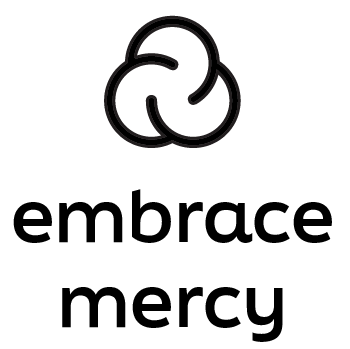You are not alone!
The journey with kids from hard places can be dark, scary and often overwhelming. But you don't have to tackle the journey alone! We continue to discover multitudes of great book, video, internet, and organizational resources which can help each of us be the kind of healing presence with hurting children that we long to be.
What makes a great resource for caregivers of formerly abandoned, abused and neglected kids? Of course families and individuals each have their own unique approaches. But we've found that the resources that best support us in our journey with kids from hard places are those that are
compassionate
empowering
non-judgmental
trauma-informed
research-based
Webinar with our partners at The Resilience Resource - Part 1



















